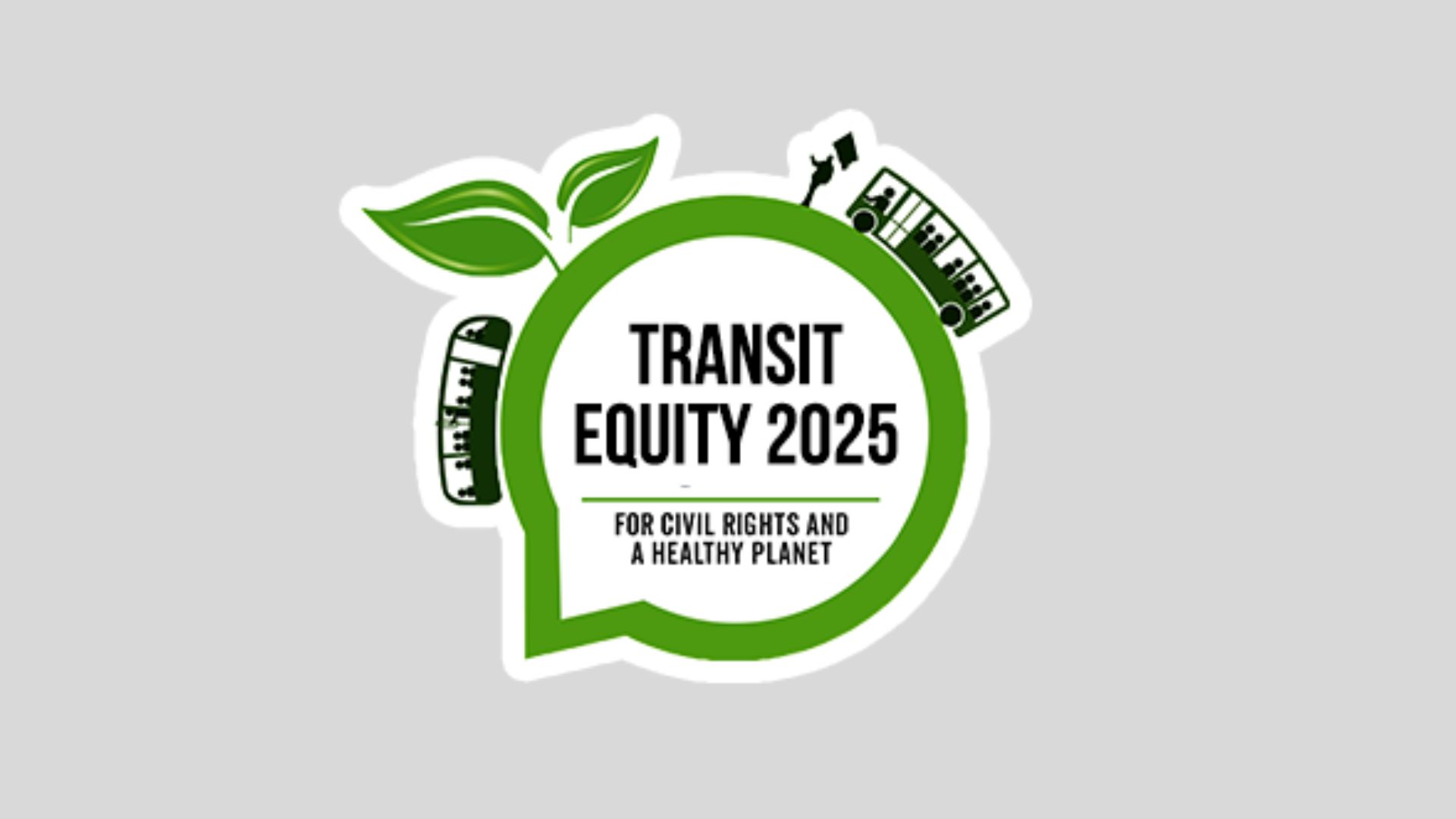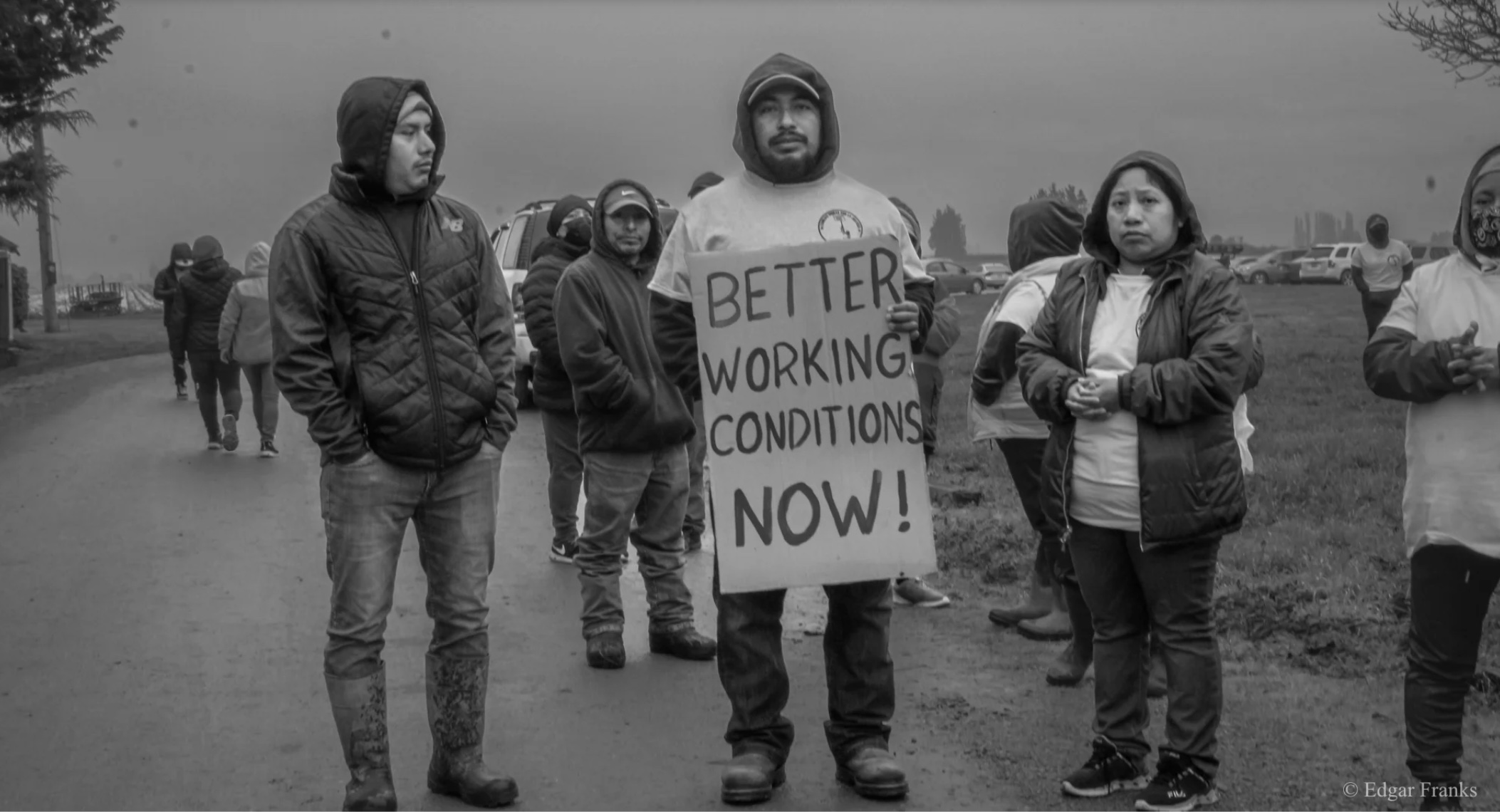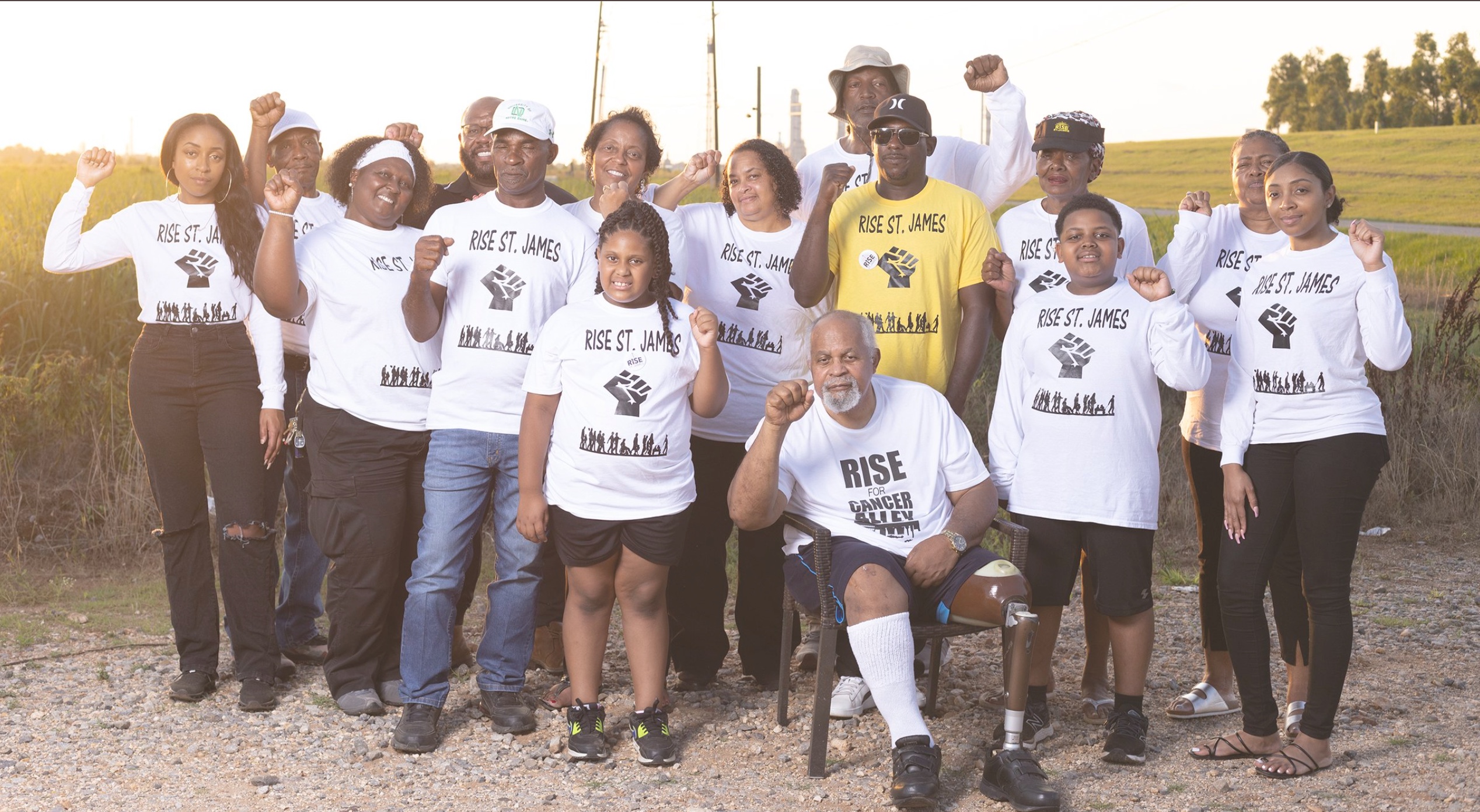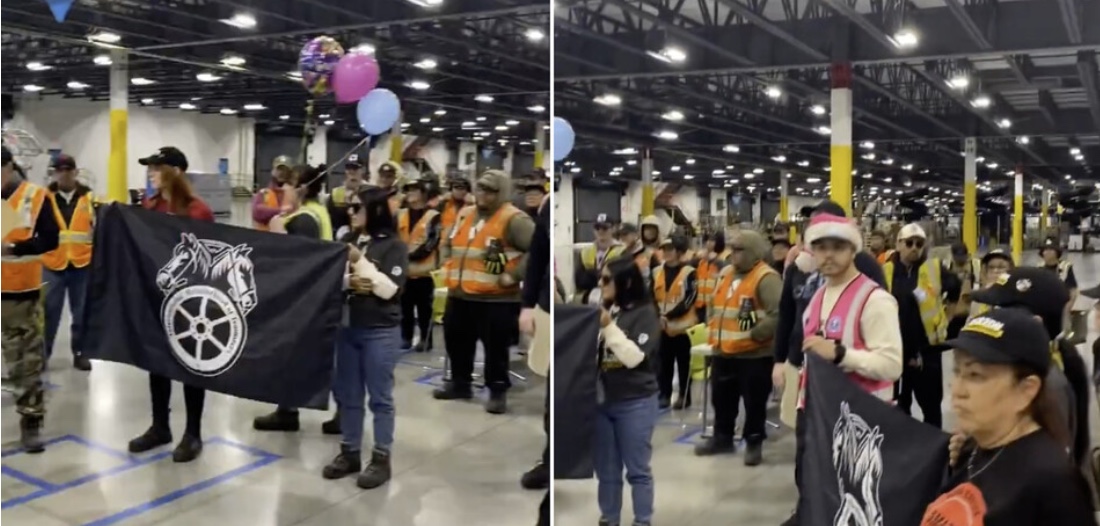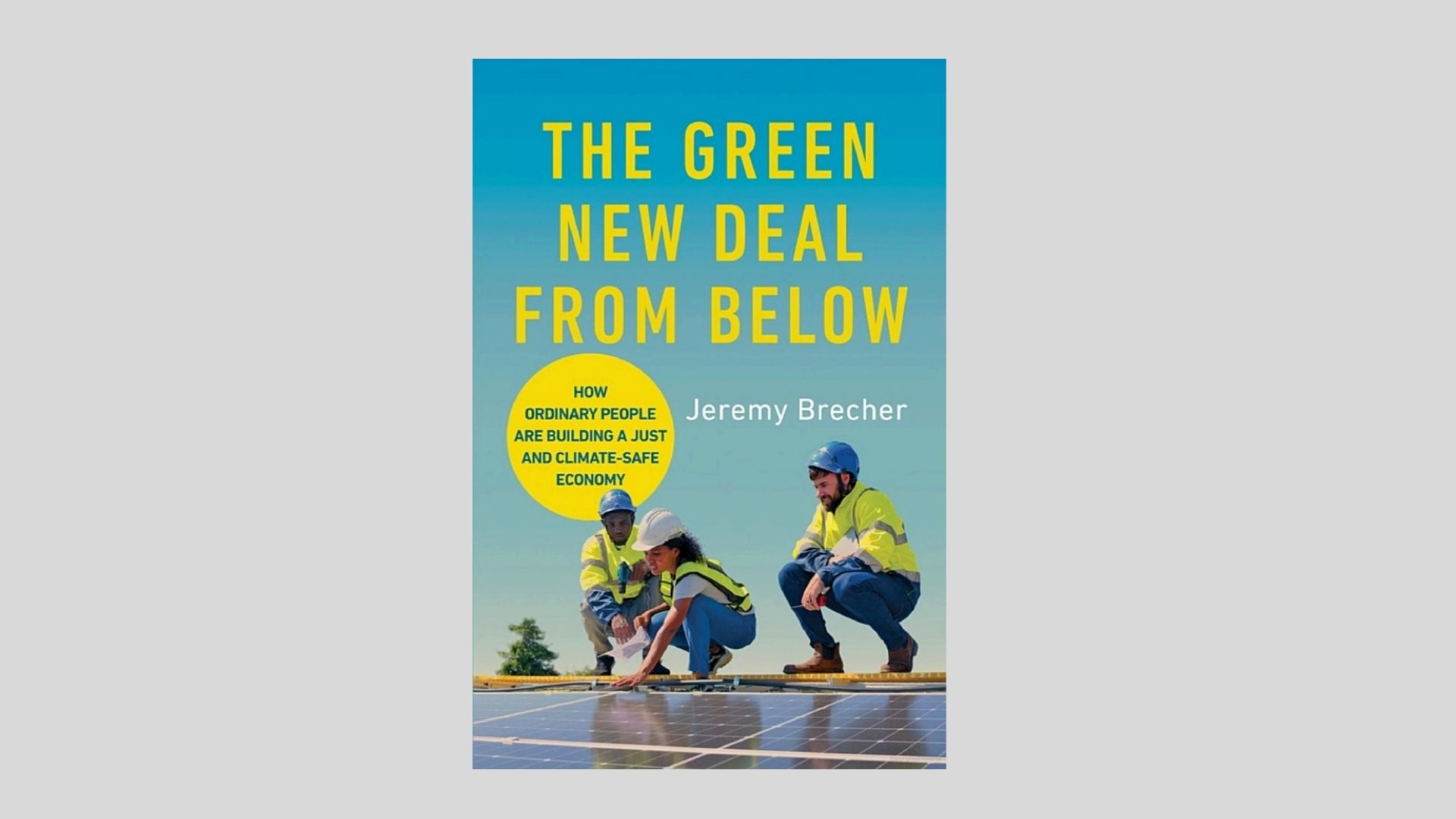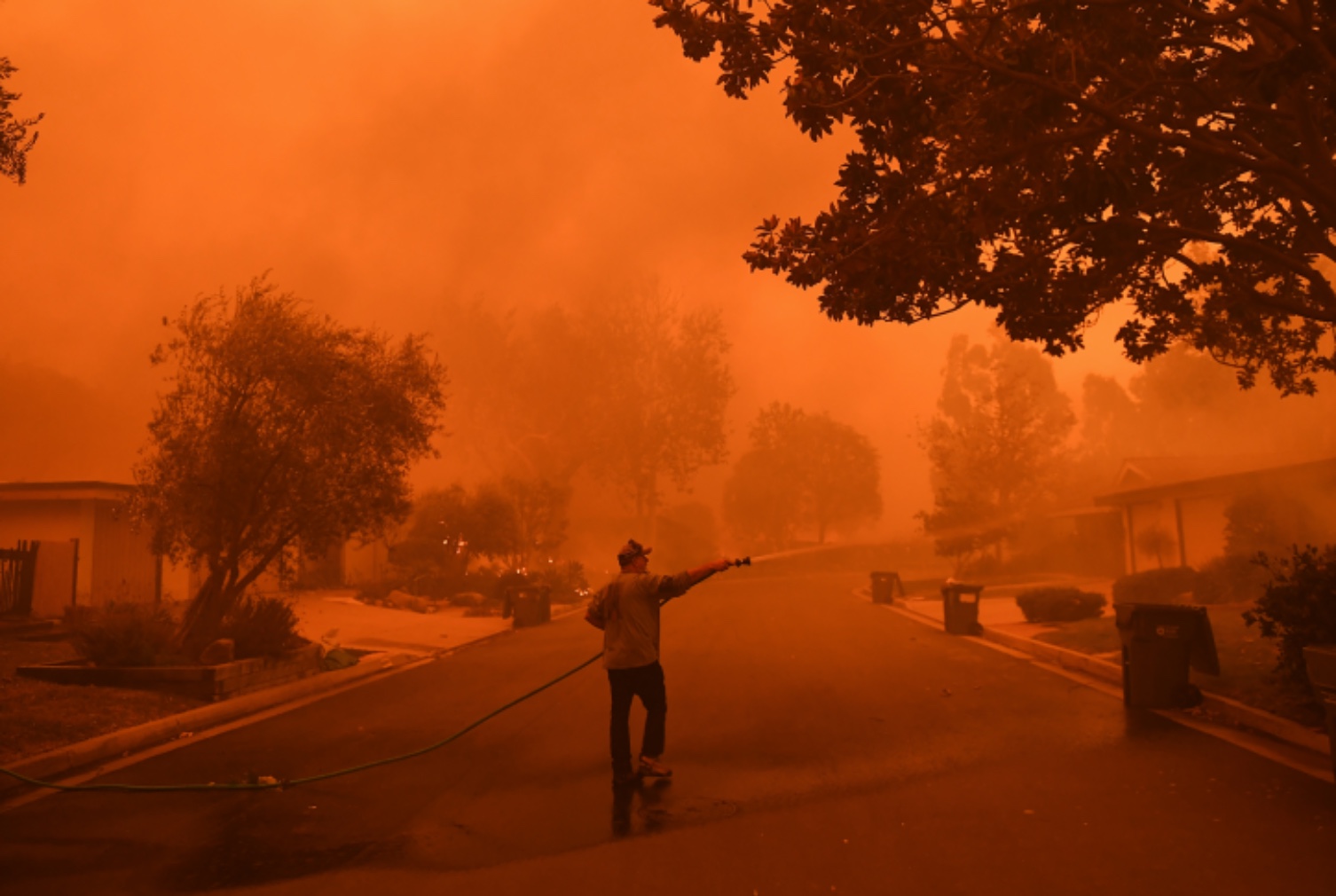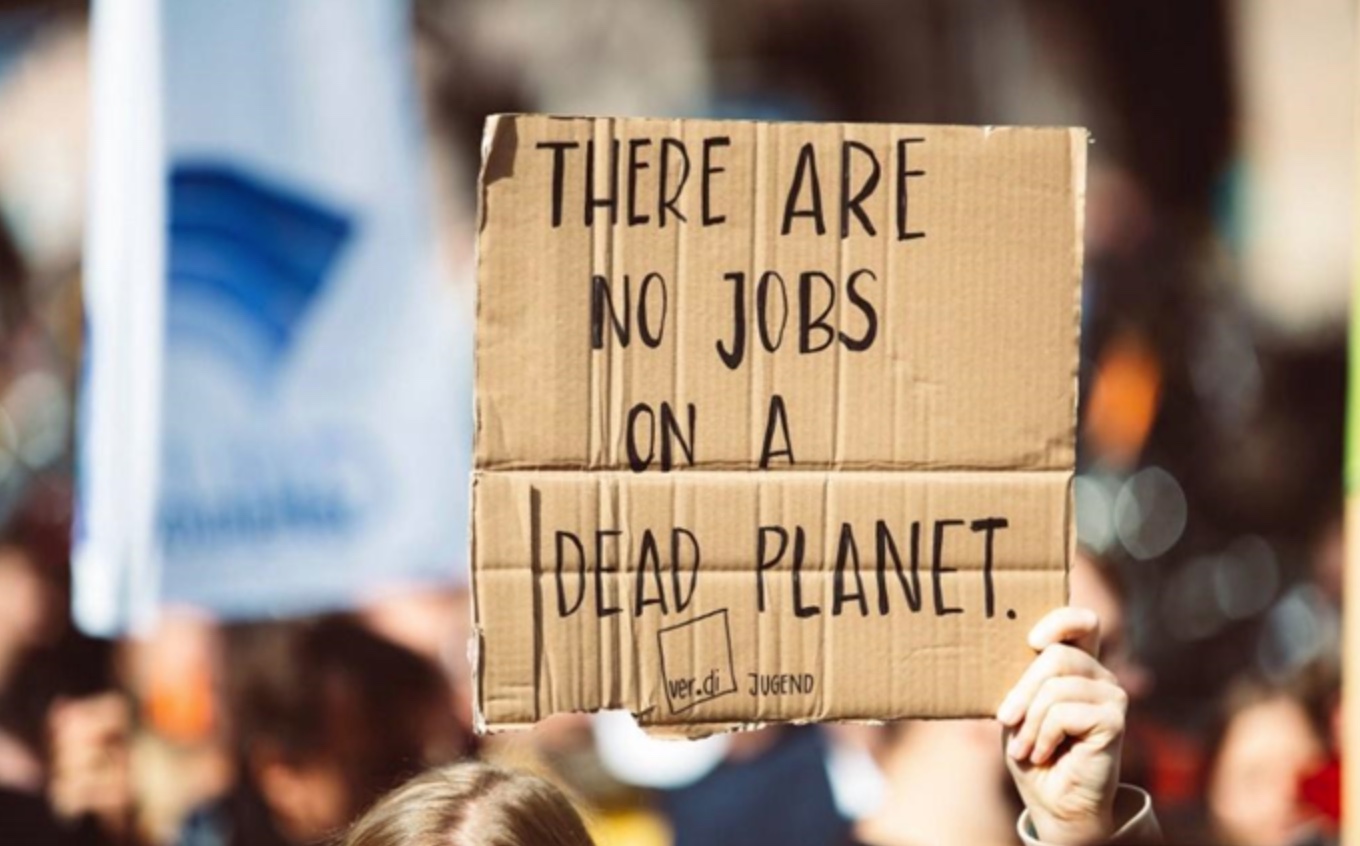Newsletter #88 | January 2025 |
|
LNS Spotlight: |
|
|
Mijin Cha |
|
Mijin Cha is a co-author of the Labor Network for Sustainability Report “Workers and Communities in Transition: Report of the Just Transition Listening Project” a leading writer on just transition to a climate-safe economy, and an active member of the LNS network. Mijin has just published a new book, A Just Transition for All: Workers and Communities for a Carbon-Free Future published by MIT Press in Dec. 2024. To purchase a copy: https://mitpress.mit.edu/9780262550796/a-just-transition-for-all/
Mijin says about herself:
I research and write about climate and environmental justice, just transition– how to transition to a carbon-free economy in a way that protects workers and communities, labor/climate coalitions, and the relationship between inequality and the climate crisis. Currently, I am an assistant professor in the environmental studies department at the University of California, Santa Cruz, affiliate faculty in the legal studies department, and on the Faculty Advisory Board at the UCSC Center for Labor and Community. I am also a Fellow at Cornell University’s Climate Jobs Institute. My community-engaged service includes the Board of Greenpeace USA Fund and Emeritus Board at the Center on Race, Poverty, and the Environment (CRPE). |
Letter from the Editor
|
|
|
Editor Jeremy Brecher, |
|
We’re heading into a tough time for both labor and the climate.
But the MAGA capture of the American government represents more than a few bad policies. The MAGA regime threatens immigrants, African Americans, Muslims, workers, women, children, the elderly, the disabled, LGBTQ+ people, and all who depend on government for their health and wellbeing. Indeed, it threatens all that holds us together as a society. The resistance to that onslaught is therefore not just the defense of one or another group, but actually a defense of society, indeed of the very possibility of society. In response, we the people – society — need to defend ourselves against this threat and bring it to an end. We need what resisters to authoritarian regimes elsewhere have called “Social Self-Defense.”
In this newsletter you will find some examples of the kinds of initiatives we need to build on for Social Self-Defense. Farmworkers resisting MAGA attacks on immigrant workers. Louisiana parishes organizing for a Just Transition, including cutting emissions, reducing pollution, investing in clean energy jobs, and strengthening protections for communities along Louisiana’s “Cancer Alley.” Amazon workers winning the right to leave work if they are threatened by heat, smoke, or other unhealthy conditions. These are examples of the kind of Social Self-Defense that the labor movement, the climate movement, and all the rest of us need to build to limit and eventually overcome MAGA’s devastation.
In the face of the MAGA assault, protecting individuals, groups, and society as a whole go hand in hand. The attacks on individuals and groups are a threat not only to those directly targeted, but to our ability to live together in our communities, our country, and our world. It is a threat to all of us as members of society. Protecting those who are most threatened is essential for protecting our common interests as people. Social Self-Defense means defending those who are threatened as a way both to defend them from injustice and to defend our common interest as people – as members of society. Social Self-Defense means we’ve got each other’s backs. |
IN THIS ISSUE
|
|
Transit Equity Day Climate Change: In Case You Haven't Heard... Trump Climate Policies to Cut U.S. Jobs Champions: W.E.B. Du Bois |
 |
|
Transit Equity Day |
|
|
By Bakari Height, LNS Transit Organizer
It’s that time of the year again - Transit Equity Day 2025! This time public transportation is at a dire turning point. With federal transit funding on the line by our now Republican-controlled government, states may be on their own to decide the fate of systems locally or otherwise. We at LNS are focused on uplifting the voices of our communities, especially our labor union partners. If you know of any member of a union that takes public transit to work, share this link to have them share their story on why transit is essential. We also invite anyone to register their actions for Transit Equity Day by going to the LNS Transit Equity Day website here. Be sure to join us for our annual livestream on Transit Equity Day (February 4th) at Noon EST on YouTube.
|
|
|
|
Farmworkers Resisting MAGA Attacks on Immigrant Workers |
|
Photo Credit: Edgar Franks |
|
A recent article describing how farmworkers are resisting attacks on immigrant workers features LNS board member Edgar Franks, the political director of Familias Unidas por la Justicia in Washington State, an independent union of primarily Indigenous Mexican farmworkers.
Edgar Franks:
When we first formed around a decade ago, Donald Trump was ascending to the presidency, but we were still able to organize and win some victories for farmworkers and immigrants here in Washington. We’ve won overtime rules, heat and smoke rules, and paid rest breaks for farmworkers. All this was possible only because of strong worker-led organizing and not necessarily because of which party was in power.
We faced retaliation when we were first forming our union. Immigrants faced a harsher environment because of Trump’s rhetoric. Despite that, workers who are well organized can count on each other for protection. Organizing is the way we keep each other safe. When we have unity and solidarity, the community will be emboldened to step up. Fear always exists, but you can’t let it immobilize you. The best way to fight fear is to confront it and push back.
We’re also worried about gains around climate protections and pesticides being rolled back. Getting rid of those regulations puts farmworkers at risk. Stacking the Supreme Court even more to the right could also really hurt workers and make it easier to greenlight the kind of anti-labor or anti-immigrant measures in Project 2025.
This is a difficult moment, but it also opens up the possibility of new organizing strategies and new energies. People’s lives are at risk, and we need to fight even harder on all levels — on the policy front, in the streets and in the workplace. Trump won a lot of the working-class vote, but we know he won’t deliver for workers. We need to push for things like rent control and child care and a higher minimum wage. We shouldn’t be watering down our demands now. We should be even bolder. There are different ways of participating in democracy that go beyond voting, whether that be workplace organizing, marching and protesting, or community assemblies.
When farmworker communities organize together, we are really powerful. We hold a very important place in the food system and the economy. If we organize ourselves and recognize the leverage we have, we can really make progress, no matter who’s the president. We need to recognize that we’re in a position of power, not weakness, because we hold the levers of the food system in this country.
For full article: Farmworkers Are Organizing to Resist Trump’s Attacks on Immigrant Workers | Truthout |
|
|
|
Louisiana Rises for Climate and Environmental Justice |
|
|
On November 22, environmental justice organizations from 16 Louisiana parishes rallied at the Louisiana state capitol to urge Governor Landry and Louisiana’s leaders to take immediate steps toward a Just Transition, including cutting emissions, reducing pollution, investing in clean energy jobs, strengthening protections for communities along “Cancer Alley,” and creating pathways for Louisianans to thrive in a green economy.
The action featured the leadership of Rise St. James, a faith-based grassroots organization that is fighting for environmental justice as it works to defeat the proliferation of petrochemical industries in St. James Parish in Louisiana’s notorious “Cancer Alley.”
The call for the rally noted that Louisiana’s communities have been on the front lines of the climate crisis, with polluting industries endangering public health, displacing families, and damaging the environment. It said a Just Transition is essential to building a sustainable future that safeguards both workers and the communities they live in. The rally emphasized the need to:
|
|
|
|
Amazon Workers Fight for Climate Protection |
|
|
By Oren Kadosh, LNS Network Organizer
Some of the most exciting organizing in the country is happening at Amazon warehouses, airhubs, and delivery depots around the country. From New York to California, to Kentucky, Georgia, and Illinois, courageous and fed up Amazon workers are engaged in a mass public escalation of their union campaigns with the International Brotherhood of Teamsters that in some cases have been several years in the making. At the time this newsletter is published, we will be past the deadline that Amazon Teamsters have given to Amazon to recognize and start bargaining with the unionizing workers or face even further escalations, including potential coordinated workplace action against Unfair Labor Practices.
Climate and sustainability has become a central plank for core sets of these workers. Recently, 100 Amazon workers at a critical Amazon airhub location, KSBD in San Bernardino, California, organized a march on the boss against the workplace impacts of massive, climate-fueled wildfires that had engulfed much of the State. The workers forced a two-day closure with pay and the right to leave work early or work indoors if they felt unsafe thereafter. Learning their power against the boss and for climate resilience to win concrete demands emboldened the organizing where now a majority of the over 1,000 KSBD workers have decided to form a union.
Meanwhile, in the Midwest, Amazon delivery drivers from Skokie, IL organizing with the Teamsters joined Indigenous and environmental justice organizers, union autoworkers, and transit organizers on a week-long expedition touring proposed lithium mining sites in Nevada, “ground zero” for U.S. mining of energy transition minerals. With crucial help from organizer Zhenya Polozova at the Warehouse Workers for Justice and the Midwest Amazon Teamsters, Skokie worker-leaders able to build deep solidarity with those on a critical pole of the frontlines of their fleet transition. This organizing work continues with strategy sessions being held to brainstorm effective ways to fight for a just transition across the transportation sector supply chain, away from fossil fuels, but without throwing other impacted communities under the bus. |
|
|
|
Green New Deal from Below "Expands the Possible" |
|
|
|
|
Z Magazine recently published a review by Alexandria Shaner of The Green New Deal from Below: How Ordinary People Are Building a Just and Climate-Safe Economy by LNS co-founder and senior strategic advisor Jeremy Brecher. Shaner wrote:
Drawing on decades of hands-on experience at the intersections of environmental, labor, and justice movements, Brecher offers an overview of Green New Deal from Below initiatives across various sectors and locations, highlighting a diverse array of programs already in progress or under development. The initiatives shared by Green New Dealers are intended to inspire countless more projects, which can serve as the foundation for local, national, and even global mobilization and reconstruction – even, and perhaps especially in times when national legislation cannot be relied upon.
Brecher’s presentation reveals that the fight for the Green New Deal is closely tied to the fight for democracy. These initiatives offer models for, and demonstrate the benefits of, popular democracy. Green New Deal from Below projects show that people can achieve tangible gains that improve their lives, building a base for the protection and expansion of democratic governance at every level, embodying local participatory democracy while also reinforcing representative democracy against the threat of fascism at the national level.
At the outset of the book, Brecher cites the world historian Arnold Toynbee on how great civilizational changes occur. The existing leadership of existing institutions face new challenges and fail to change to meet them. But a “creative minority” may arise that proposes and begins to implement new solutions. “Those building the Green New Deal are creating such new solutions, from below.”
Perhaps the greatest success, as well as the greatest potential, of the Green New Deal from Below is its ability to expand the boundaries of what is possible, bringing together and empowering people to fight for the things they need but have long considered out of reach.
For the full review: https://znetwork.org/znetarticle/expanding-the-possible-from-below/
To order the book: For a 30% discount on all editions go to: https://www.press.uillinois.edu/books/?id=p088278 and use Promo Code F24UIP when you order the book.
Join us for Jeremy Brecher's book talk Jan 30, 2025, 7:00 PM ET.
To register, go to: https://rutgers.zoom.us/
|
|
|
|
Climate Change: In Case You Haven't Heard... |
|
Photo Credit: Wally Skalij/Los Angeles Times via Getty Images |
|
This year is certain to be the hottest on record, the first that will cross the critical threshold of 1.5C above the pre-industrial era. Climate scientists believe that crossing that threshold will lead to far worse consequences from climate change.
According to the first comprehensive database of extreme weather events compiled by the website Carbon Brief, there have been at least 24 heatwaves across North America, Europe, and Asia that would have had virtually zero chance of happening without the global warming caused by extra heat trapped by fossil fuel emissions. At least 100,000 people, including 10,000 babies, are dying each year as a result of global warming.
|
|
|
|
Trump Climate Policies to Cut U.S. Jobs |
|
|
A new report from the Net Zero Industrial Policy Lab at Johns Hopkins University finds that president-elect Donald Trump’s proposed cuts in climate policies will lead to “lost factories, lost jobs, lost tax revenue,” and “lost exports.” The report says that
Scenario analysis shows that US repeal of the IRA would, in the most likely scenario, harm US manufacturing and trade and create up to $80 billion in investment opportunities for other countries, including major US competitors like China.
|
|
|
|
Champions: W.E.B. Du Bois |
|
Photo Credit: Carl Van Vechten, © Van Vechten Trust. Beinecke Rare Book and Manuscript Library, Yale University |
|
"Champions” features current and historic figures who can inspire the struggle for a worker- and climate- safe world.
W.E.B. Du Bois, born in 1868 in Great Barrington, Massachusetts was a sociologist, historian, author, editor, and activist whom the Encyclopedia Brittanica called “The most important Black protest leader in the United States during the first half of the 20th century.” He shared in the creation of the National Association for the Advancement of Colored People (NAACP) and edited its magazine The Crisis from 1910 to 1934. His many books included such literary and historical landmarks as The Souls of Black Folk and Back Reconstruction in America. DuBois was a strong advocate for labor unions, but also a determined critic of the racism that pervaded the American labor movement at that time.
While his role as a Black leader is widely known, DuBois’ role as an advocate for the environment is almost unknown. So consider these excerpts from an address he gave to the alumni of his high school in Great Barrington:
This valley must have been a magnificent sight. The beautiful mountains on either side, thickly covered with massive trees, and in the midst of it all, the Housatonic river rolling in great flood, winding here and there.
What has happened? The thing that has happened in this valley has happened in hundreds of others. The town, the whole valley, has turned its back upon the river. They have sought to get away from it. They have neglected it. They have used it as a sewer, a drain, a place for throwing their waste and their offal. Mills, homes, and farms have poured their dirt and refuse into it; outhouses and dung heaps have lined its banks.
We may in time clear the river, give the Searles High school its perfect setting. We may even induce the mills (if we can find out who owns them) to stop pouring their refuse into the river. And so I have ventured to call the attention of the graduates of the Searles High school this bit of philosophy of living in this valley, urging that we should rescue the Housatonic and clean it as we have never in all the years thought before of cleaning it, and seek to restore its ancient beauty; making it the center of a town, of a valley, and perhaps — who knows? — of a new measure of civilized life.
To read DuBois' speech "The Housatonic River" in full: https://gbriverwalk.org/wp- |
|
|
Join the Movement! Sign Up Here to receive our monthly newsletter and other important updates. |
|
Making a Living on a Living Planet is published by the Labor Network for Sustainability. Copyright 2024. Labor Network for Sustainability. All rights reserved. |
|
|



